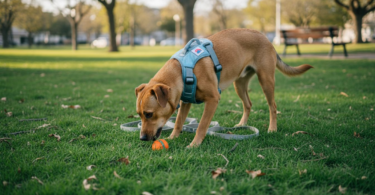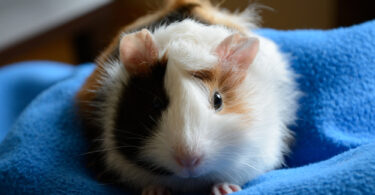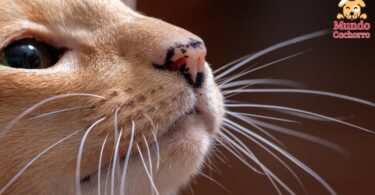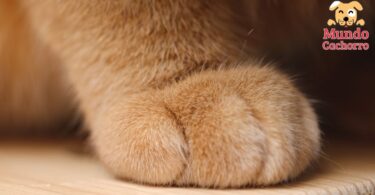Lack of appetite in cats can be a concern for pet owners, as proper nutrition is essential for the health and well-being of these felines. If your cat shows signs of food refusal, it is important to address the situation proactively and sympathetically. If your cat doesn’t want to eat, there are a few things you can do to improve the situation and ensure good health.
Why your cat does not want to eat
Let’s look at some strategies below to help manage poor appetite in cats:
- Identify the underlying cause:
Lack of appetite in cats can be caused by a variety of factors, ranging from medical problems to changes in the environment. Note any additional symptoms your cat may be experiencing, such as lethargy, vomiting or diarrhea, and consider consulting a veterinarian to rule out possible health problems.
- It offers appetizing food:
IF your cat won’t eat, experiment with different types of cat food, including wet and dry varieties, as well as gourmet options and therapeutic diets. Some cats may prefer certain textures or flavors, so it is important to find options that pique their interest and appetite.
- Heats the food:
Slightly warming your cat’s food can make it more aromatic and appetizing, which can help stimulate your cat’s appetite. Just make sure the food is not too hot to avoid burning your cat’s mouth.
- Provides a tranquil environment:
Cats are sensitive creatures and can be affected by stress and anxiety in their environment. Create a calm and relaxed environment for your cat, away from loud noises, frantic activities or other stressors that may inhibit your cat’s appetite.
Routines
Cats tend to feel more confident and comfortable when they have an established routine. Try to feed your cat at the same times every day and in a quiet, familiar place. This can help create positive associations with food and encourage appetite.
In cases of prolonged lack of appetite or low body weight, your veterinarian may recommend the use of food supplements to help meet your cat’s nutritional needs. These supplements can come in paste, gel or liquid form and can provide additional nutrients to improve your pet’s overall health.
Cats enjoy variety in their diet, so be sure to offer a variety of fresh, healthy foods. This can include lean meat, fish, cooked vegetables and other natural foods that are safe for cats. Avoid giving damaged, expired or toxic food to felines.
Another important aspect is hydration. In fact, proper hydration is crucial to the health of cats, especially if they are experiencing a lack of appetite. Make sure your cat has access to fresh, clean water at all times and consider offering additional water sources, such as cat fountains, to encourage fluid intake.
If your cat’s lack of appetite persists or is accompanied by other worrisome symptoms, do not hesitate to seek the guidance of a veterinarian. A professional will be able to perform a thorough examination of your cat, diagnose any underlying problems and recommend an appropriate treatment plan.
Image courtesy of https://pixabay.com, all rights reserved.







